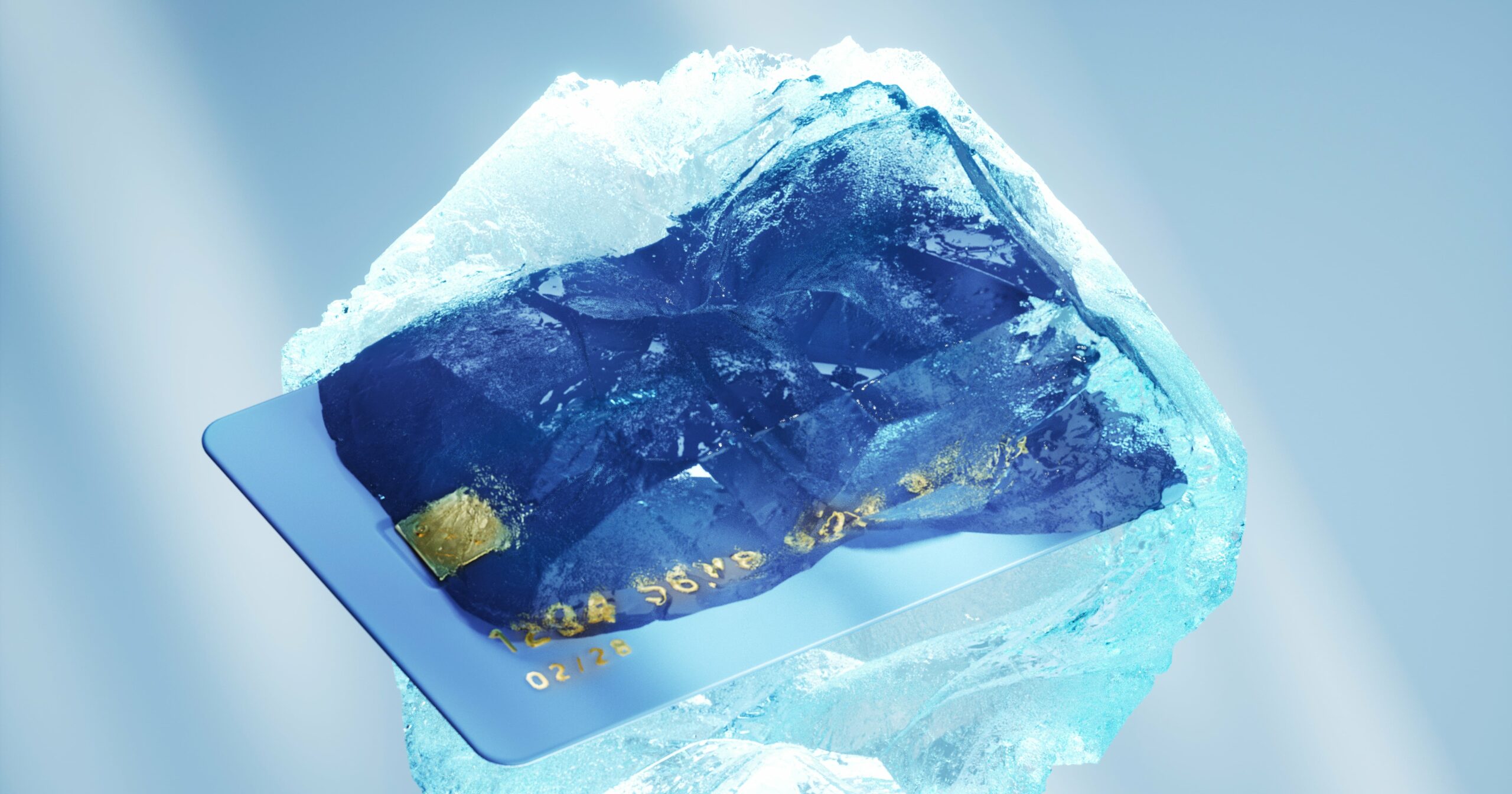Until this past week, Los Angeles–based money coach Judy Esber had never frozen her credit. She’d never had a problem with identity theft and never felt like her personal information was particularly vulnerable. But after a steady stream of (mostly hyperbolic) reports claiming that a recent data breach had compromised the Social Security numbers of every single American, she figured it might be time to give it a try.
“After hearing about the data breach I thought I might as well do it and just keep it frozen until I need to use it,” she tells PS. “We have this opportunity to protect ourselves that’s quick and easy, so we might as well.”
While a “credit freeze” sounds like something an ice-spewing superhero shoots out of their wrists to keep your credit from moving up or down, sadly it is not. A credit freeze won’t help or hurt your credit; all it does is keep bureaus, banks, and businesses from accessing your credit score when they search you in their databases, making it harder for an identity thief to open credit cards or take out loans in your name.
But if you’re one of those people who doesn’t think anything related to your finances could possibly be “quick and easy,” Esber says she totally gets it. “It may seem super complicated because you don’t know what you don’t know,” she explains.
But in reality, to freeze your credit and shield your credit score, all you need to do is make a few phone calls – and they’re all automated, so you don’t even have to worry about stumbling over obscure financial terms that you (like most people) never learned in school.
And while, to the less financially savvy among us, it may seem like credit freezing is a paranoid overreaction on par with stocking up on a 10-year supply of toilet paper or furnishing an underground bunker, experts agree that it’s actually a pretty rational course of action to keep yourself safe from hackers and scammers. If you’re considering a credit freeze, here’s everything you need to know before you make the call.
Experts Featured in This Article
Judy Esber is a money coach specializing in ethical investing and the founder of Hear Me Finance.
Courtney Alev is the consumer financial advocate at Credit Karma and leads the Turbo Tax integration team.
Should I Freeze My Credit?
While this most recent data breach was significant, it wasn’t quite as damaging as the hackers claimed it to be. Still, news outlets reported that the breach compromised every single SSN in the country, which, regardless of its accuracy, is a pretty startling message. For many, including Esber, it was a wake-up call that none of us is immune to security breaches on our personal and private information.
Credit freezing, however, is an easy tool to make yourself more fraud-proof, she says.
To open a new credit card, take out a loan, or open a business, you first have to pass a credit check. A bank or financial institution will search you and assess your credit score to determine your reliability as a borrower. If a hacker or scammer got ahold of your SSN or other sensitive information, they could apply for all of those things in your name and not repay them, hurting your ability to access loans in the future. But by keeping your credit frozen, you bar institutions from being able to look up your credit score.
“If someone tries to open up a credit card in your name, they won’t be able to do it because they won’t be able to access your [score] info,” Esber says.
How to Freeze Your Credit
Unlike freezing your eggs, this freezing process is quick and painless: Just call all three of the major credit bureaus (Equifax, Experian, and TransUnion) and input some basic personal information to confirm it’s really you. (Esber timed how long it took to freeze her credit at all three, clocking in at 18 minutes overall.) The process to unfreeze is the same.
Credit freezing doesn’t have any impact on your actual score – but it also doesn’t keep you entirely safe from hackers who, instead of trying to open new accounts, could still steal your existing credit cards.
The only real downside to freezing your credit is remembering that it’s frozen, says consumer financial advocate Courtney Alev. “If you’re planning to apply for something in the near future that requires a credit check, you’ll need to lift the freeze before your applications are due,” Alev says.
Also, if a credit bureau gives you a pin, don’t lose it. That’s how you’ll be able to unfreeze your credit in the future.
Locking vs. Freezing Credit
Some people might opt to lock their credit instead of freezing it, which basically accomplishes the same thing but is done through a paid service, Esber says.
“With that paid service, it’s easier to lock and unlock and you do it through an app, without having to call and input all your info,” she explains. “That can be a great option, but not everyone has the money to throw at some sort of service like that.”
Free credit freezing is actually protected by federal law, Esber says, while credit locking just provides consumers with a paid alternative.
Generally, a credit lock is faster to put in place and lift than a credit freeze, Alev says, but with a credit lock, you still need to enroll in the lock programs at all three of the major consumer credit bureaus.
One isn’t necessarily safer than the other or more effective, but a credit lock is slightly more instantaneous, while a credit freeze or unfreeze could take a business day to go into effect.
How Else Can I Protect Myself From Identity Theft?
If it feels like data breaches are happening more often these days, that’s because it’s true. From 2022 to 2023, there was a 20 percent spike overall. But instead of letting that be a cause to worry, let it be a reminder to stay on top of your finances.
“Try and develop the healthy financial habit of keeping a consistent, close eye on your credit, whether that means regularly checking your credit score, or signing up for a credit monitoring service that will help you spot any errors or signs of identity theft,” Alev suggests. Credit Karma, for example, allows you to regularly check your credit score for free, and provides free credit monitoring to help you identify suspicious activity, she says.
Credit scores can be a real source of anxiety for a lot of people, mocking us with their little meters that teeter ever so slightly further to the left than we want. But if regular data breaches tell us anything, it’s that it’s important to stay on top of this stuff. The out-of-sight-out-of-mind approach only feels good until someone’s opening a dog bakery in your name.
Emma Glassman-Hughes is the associate editor at PS Balance. Before joining PS, her freelance and staff reporting roles spanned the lifestyle spectrum; she covered arts and culture for The Boston Globe, sex and relationships for Cosmopolitan, travel for Here Magazine, and food, climate, and agriculture for Ambrook Research.




